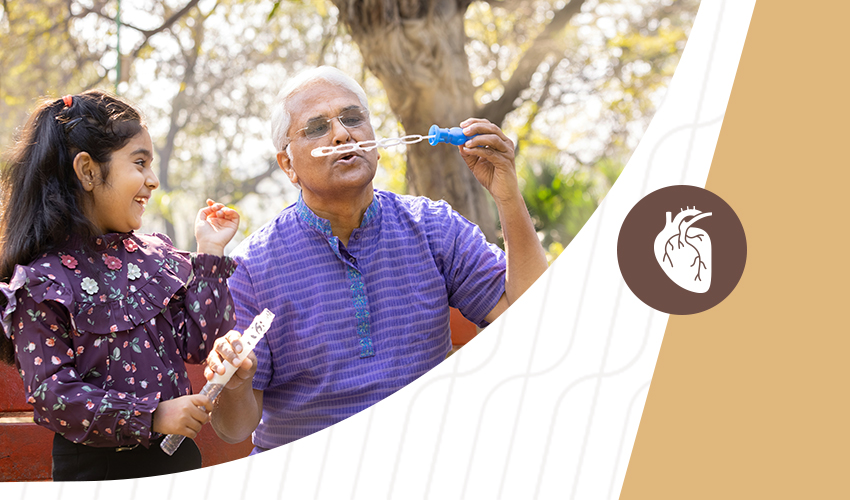- Our Doctors
- Our Specialities
Centres of Excellence
-
 Centre for Blood Diseases, BMT & Cancer Immunotherapy
Centre for Blood Diseases, BMT & Cancer Immunotherapy -
 Centre for Bone, Joint & Spine
Centre for Bone, Joint & Spine -
 Centre for Critical Care Medicine and ECMO Services
Centre for Critical Care Medicine and ECMO Services -
 Centre for Gastrosciences
Centre for Gastrosciences -
 Centre for Heart & Vascular Care
Centre for Heart & Vascular Care -
 Centre for Nephro-Urosciences
Centre for Nephro-Urosciences -
 Centre for Neurosciences
Centre for Neurosciences -
 Centre for Obstetrics and Gynaecology
Centre for Obstetrics and Gynaecology -
 Centre for Organ Transplantation
Centre for Organ Transplantation
Super Speciality
-
 Advanced Diagnostic and Interventional Radiology
Advanced Diagnostic and Interventional Radiology -
 Anesthesiology & Pain Management
Anesthesiology & Pain Management -
 Clinical Nutrition and Dietetics
Clinical Nutrition and Dietetics -
 Dental and Maxillofacial Surgery
Dental and Maxillofacial Surgery -
 Dermatology
Dermatology -
 Emergency and Trauma
Emergency and Trauma -
 Endocrinology and Metabolic Disease
Endocrinology and Metabolic Disease -
 ENT and Head & Neck Surgery
ENT and Head & Neck Surgery -
 Family Medicine
Family Medicine -
 General and Laparoscopic Surgery
General and Laparoscopic Surgery -
 General Medicine
General Medicine -
 Laboratory Medicine
Laboratory Medicine
-
- Key Procedures
- Our Hospitals
- International Patient
- Contact us
-
Quick Links


Coronary Artery Bypass Surgery (CABG)
A coronary artery bypass graft (CABG) is a surgical procedure used to treat coronary heart disease. It diverts blood around narrowed or clogged parts of the major arteries to improve blood flow and oxygen supply to the heart. The bypass restores blood flow to the heart which, in turn, restores function, and viability, and relieves anginal symptoms.
How and why is it done?
Coronary artery bypass graft surgery usually lasts 3 to 6 hours. But it may take longer depending on how many blood vessels are being attached. Blood vessels can be taken from your leg, inside your chest, or your arm. CABG is generally recommended when there are high-grade blockages in any of the major coronary arteries and/or percutaneous coronary intervention (PCI) has failed to clear the blockages.
CABG is also performed as minimally invasive surgery. Being an important major surgical procedure, this helps prevent major morbidity in a patient’s life by relieving anginal symptoms and improving quality of life.
5000 Surgeries on Beating Hearts | Dr. Murali P Vettath
Meet Our Doctors
Experienced Medical professionals for a superior patient experience.
Frequently Asked Questions
How should you sleep after heart surgery?
Upright: The recommended sleeping position for the first few weeks after the surgery is an upright position, while the chest bone heals. You can sleep in a recliner or a foldable bed as they are quite comfortable. Use a neck pillow to support your neck and spine.
What precautions do you have to take after a CABG procedure?
- Physical Activity.
- Chest Physiotherapy.
- Regular Spirometry.
- Regular Walking.
What to expect before coronary artery bypass grafting?
Your doctor might order a number of tests before your CABG procedure. These may include blood tests, EKG, echocardiogram, chest X-ray, cardiac catheterization, and angiography.
You will receive detailed instructions from your doctor on how to prepare for CABG surgery. Instructions will include information on what you can eat or drink, what medicines you can take, and what activities to stop (ex: smoking). Most patients are admitted to the hospital on the same day as the surgery.

 +91 9393 108 108
+91 9393 108 108
















































